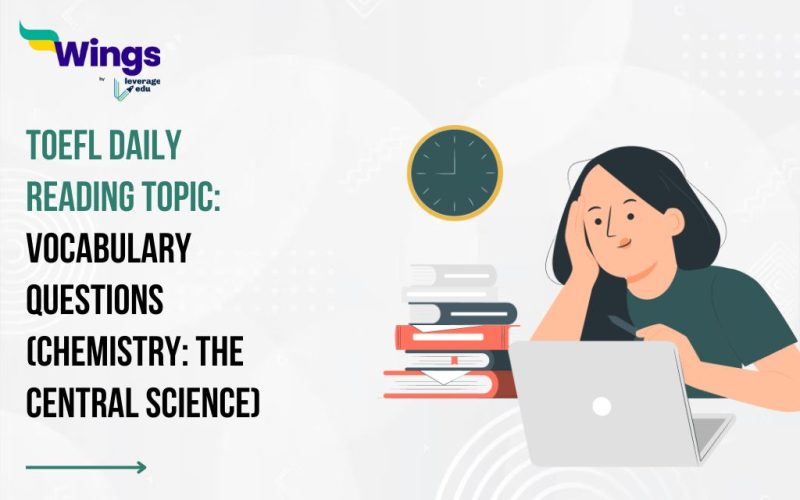Read the following passage and answer accordingly.
Chemistry: The Central Science
Chemistry is sometimes referred to as “the central science” due to its interconnectedness with a vast array of other STEM disciplines (STEM stands for areas of study in the science, technology, engineering, and math fields). Chemistry and the language of chemists play vital roles in biology, medicine, materials science, forensics, environmental science, and many other fields.
The basic principles of physics are essential for understanding many aspects of chemistry, and there is extensive overlap between many subdisciplines within the two fields, such as chemical physics and nuclear chemistry. Mathematics, computer science, and information theory provide important tools that help us calculate, interpret, describe, and generally make sense of the chemical world. Biology and chemistry converge in biochemistry, which is crucial to understanding the many complex factors and processes that keep living organisms (such as us) alive.
Chemical engineering, materials science, and nanotechnology combine chemical principles and empirical findings to produce useful substances, ranging from gasoline to fabrics to electronics. Agriculture, food science, veterinary science, and brewing and winemaking help provide sustenance in the form of food and drink to the world’s population. Medicine, pharmacology, biotechnology, and botany identify and produce substances that help keep us healthy. Environmental science, geology, oceanography, and atmospheric science incorporate many chemical ideas to help us better understand and protect our physical world. Chemical ideas are used to help understand the universe in astronomy and cosmology.
Q. The word interconnectedness is closest in meaning to …
a) Association
b) Interrogation
c) Dependence
d) Togetherness
Correct Answer- A
Tips To Remember
- Rely on passage context for word meanings.
- Identify similar or opposite words.
- Deduce meanings from context clues.
- Note pronoun and word references.
- Understand a word’s contribution to meaning.
- Recognize common word pairings.
- Understand idiomatic expressions.
- Exclude unfitting choices.
- Efficiently handle reading section time.
Are you preparing for TOEFL? Check out the video given below👇 to know about the TOEFL preparation.
Download the Leverage App today.


Need help to prepare for TOEFL? Check out the best TOEFL preparation courses in the market offered in a live training environment by trusted educators. If you want to ease your study abroad journey, then call us at 1800-57-2000.
 One app for all your study abroad needs
One app for all your study abroad needs
















 45,000+ students realised their study abroad dream with us. Take the first step today.
45,000+ students realised their study abroad dream with us. Take the first step today.